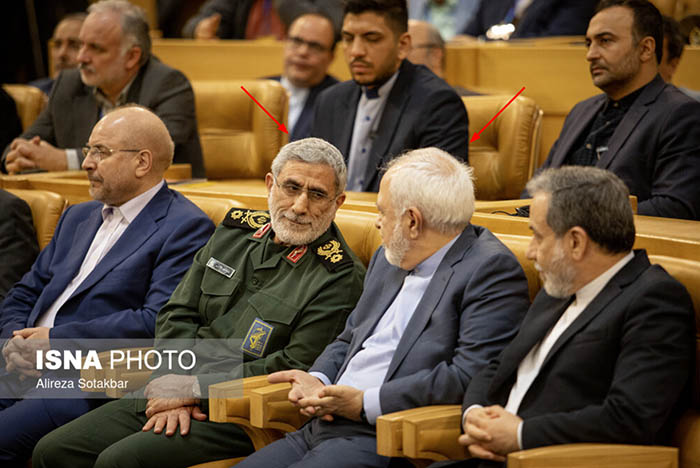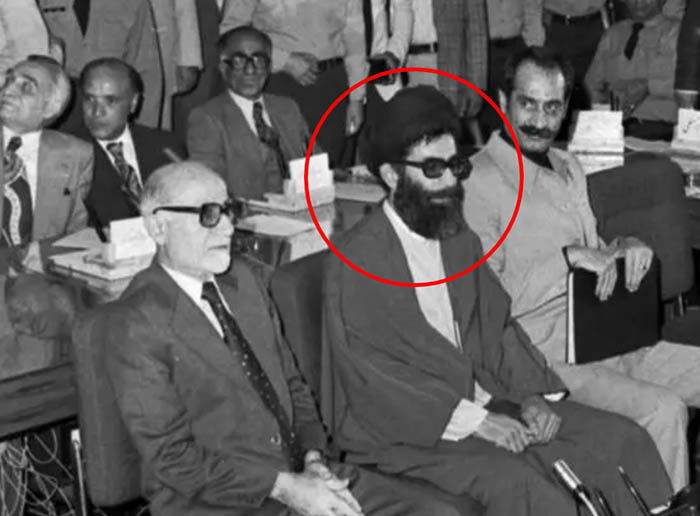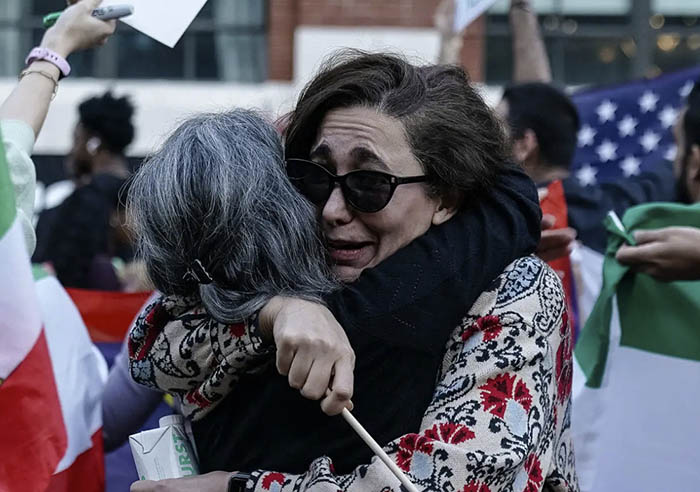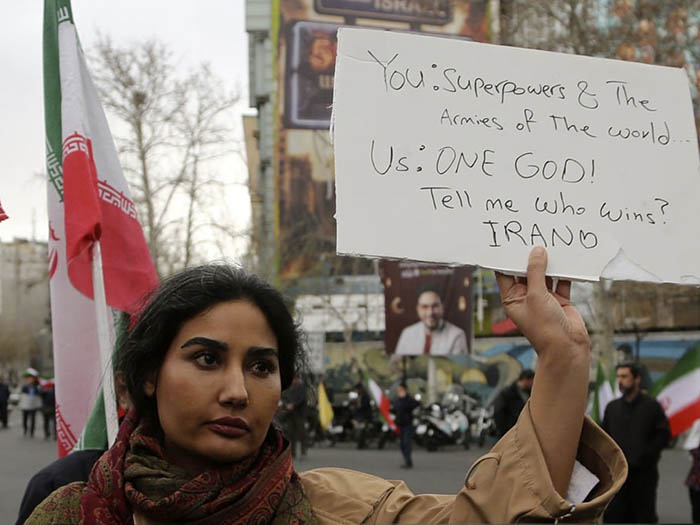Top 11 Highlights of the Nasrallah International Conference 2024
The Role of Nasrallah’s Ideology in Modern Conflicts
A primary focus of the conference was the examination of how Nasrallah’s ideology can inform and influence current conflicts. The discussions navigated through the themes of sovereignty, resistance, and the implications of foreign intervention. Many viewed Nasrallah’s teachings as a guide for movements struggling against oppressive regimes and foreign occupation.
One significant point of discussion was the impact of social media and digital technology in amplifying resistance narratives. The global reach of platforms like Facebook and Twitter has transformed how movements can mobilize support and disseminate their messages. Experts pointed out that Nasrallah’s strategic communication style, particularly during heightened tensions with Israel, shows how effective rhetoric can galvanize grassroots support and international awareness.
The Dialectic of “Field” and Diplomatic Engagement
The conference also explored the complex relationship between military action and political diplomacy. Some speakers echoed sentiments from the recent discussions involving Iranian foreign minister Javad Zarif, who emphasized the necessity of balancing military capabilities with diplomatic engagements. The idea that the “field” should not overshadow diplomacy was a recurring theme. Leaders reiterated that without a coherent diplomatic strategy, military victories risk being short-lived.
This tension between military action and diplomatic engagement reflects the broader discourse in Iranian politics, particularly in light of recent challenges faced in negotiations like the Joint Comprehensive Plan of Action (JCPOA). Nasrallah’s influence on this discourse is significant; he represents a faction that advocates for strong military capabilities while simultaneously understanding the need for diplomatic dialogues in achieving long-term goals.
Cultivating the Next Generation of Leaders
Another essential aspect of the conference was the recognition of the need to cultivate the next generation of leaders who are educated in the principles espoused by Nasrallah. The “Nasrallah School” serves as a metaphor for educational frameworks aimed at instilling these values in future leaders. Discussions encompassed ideas around creating curricula that encompass not only resistance strategies but also the importance of cultural identity and social justice.
Moreover, the gathering stressed the importance of fostering intellectual discourse around these themes, ensuring that upcoming generations are equipped to navigate the complex challenges they will face. Participants recognized that leadership inspired by figures like Nasrallah should emphasize not just military success, but also ethical governance and the promotion of human rights.





